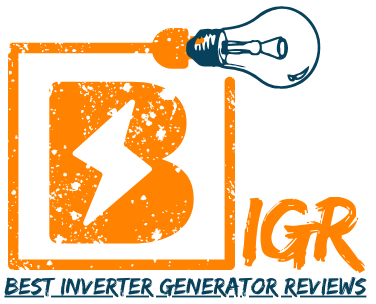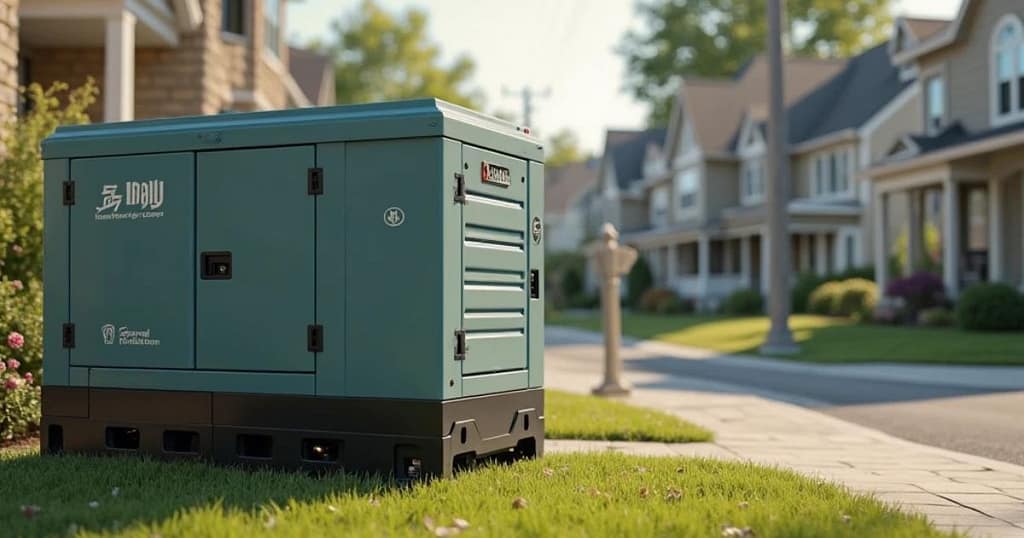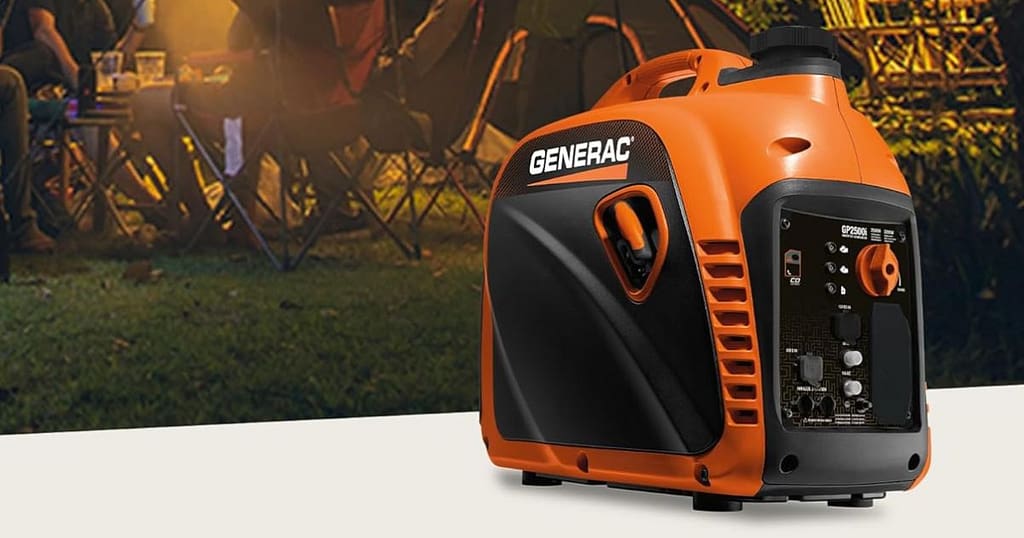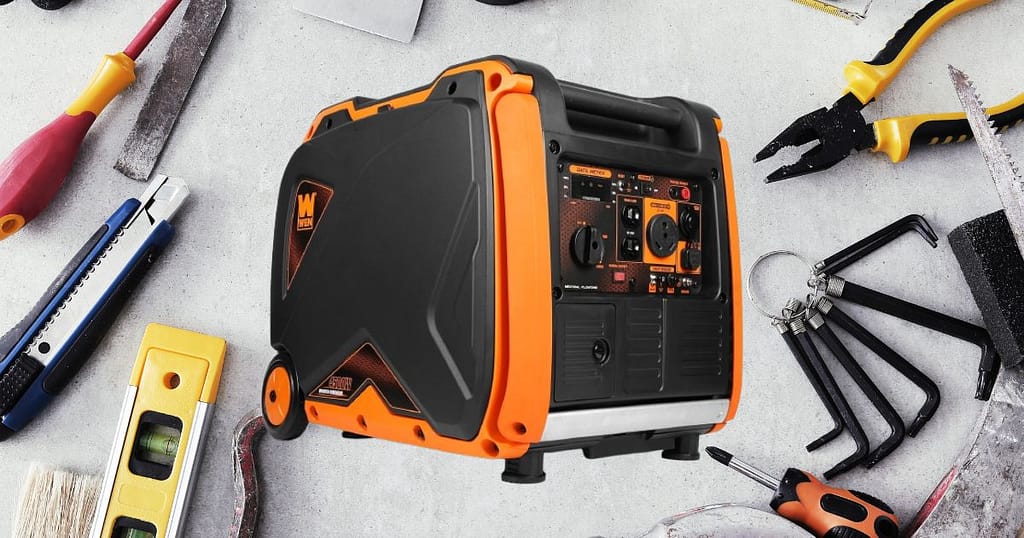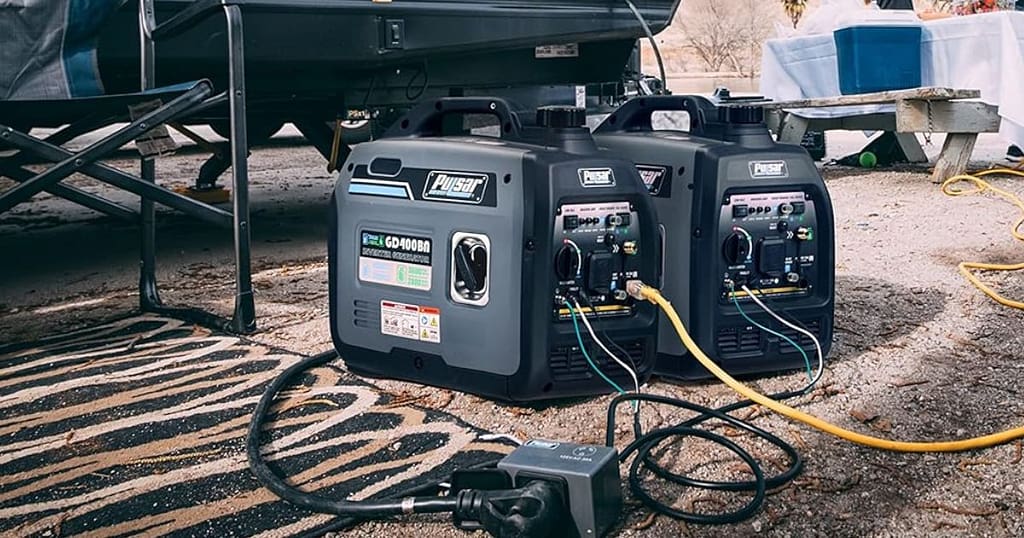If you’ve ever fired up a generator during a power outage or while camping, then you know exactly how loud those things can be. I’ve used several generators over the years—some quiet, some loud enough to wake the dead—and one thing I’ve learned through my own experience and research is that noise matters. Not just for your own peace of mind, but for your neighbors, your surroundings, and yes—even the law.
That got me digging deeper: how loud is too loud when it comes to generators? Are there actual laws around this? Spoiler: yes, there are—and they vary quite a bit depending on where you live.
In this post, I’ll walk you through what I’ve personally learned about generator noise regulations, how decibel levels play into it, what local ordinances typically allow, and how you can stay on the right side of the law while still keeping your lights on.
Why Noise Pollution Laws Exist (And Why We Should Care)
Let me start by saying I never thought too much about noise pollution—until I had a neighbor call the cops on me during a weekend camping trip (yep, even out in the sticks). That experience opened my eyes.
Noise pollution isn’t just an annoyance; it’s a real environmental and health issue. Prolonged exposure to loud noise can lead to hearing damage, sleep issues, stress, and more. It also impacts wildlife and general community wellbeing.
So, even if we can crank our generators to full blast, it doesn’t always mean we should. That’s where laws come in to keep things balanced between necessary power use and public peace.
How Generator Noise is Measured – Understanding Decibels
If you’re like me, the first time you saw “dB” on a generator label, it didn’t mean much. Now I know that decibels (dB) are the standard unit to measure sound intensity.
To put it into perspective:
- Normal conversation: around 60 dB
- Busy street traffic: around 80 dB
- Chainsaw or rock concert: 100+ dB
- Some older generators? Easily 85–95 dB, if not more.
Most modern inverter generators (which I now swear by) run at around 50–65 dB, making them much more neighborhood- and campsite-friendly.
Is There a National Generator Noise Law?
Here’s something I was surprised to learn during my research: there’s no single nationwide law in the U.S. that says exactly how loud your generator can be. Instead, there are federal guidelines, state rules, and local ordinances—and they don’t all match up.
But let me break down the key stuff I found:
The EPA’s Role
The U.S. Environmental Protection Agency (EPA) does have standards for small engine noise emissions—particularly for portable generators and lawn equipment under 25 horsepower. Manufacturers have to meet these noise limits before their products can be sold.
So while the EPA doesn’t fine you directly for loud generator use, it does regulate how loud a generator can be out of the box. Most reputable brands already design their generators to meet these guidelines.
Local Noise Ordinances – The Real Rulebook
Where things really get specific is at the local level. Cities, counties, and even homeowners’ associations set their own noise ordinances, which define how loud is too loud, and during which hours.
Here are a few examples I came across in my research:
1. New York City
NYC has a Noise Code that limits residential noise to 55 dB during the day and 45 dB at night. So if your generator is making a racket in a Brooklyn backyard at 11 PM? Yeah, you’re probably going to get a complaint.
2. California
I used to live in California, and trust me, they don’t mess around with noise. In most residential areas, the limit is about 60 dB during the day and 50 dB at night. A loud open-frame generator just won’t cut it there.
3. Florida
In places like Miami, noise regulations allow up to 75 dB during the day and 65 dB at night. Still not much room for a loud generator to blend in.
What Factors Affect Legal Noise Levels?

Based on what I’ve personally dealt with, these are the key factors that determine what’s allowed:
- Time of day – Most places allow higher noise levels during daylight hours (typically 7 AM to 10 PM).
- Zoning – Residential zones are stricter than commercial or industrial ones.
- Distance from property lines – Some ordinances measure noise from the nearest property line, not right next to the generator.
- Generator type – Inverter generators are often within legal limits by design; traditional models might not be.
How to Know If You’re Breaking the Law
The safest way? Check your local city or county website. Most municipalities post their noise ordinances online. Just search “[your city] + noise ordinance + generator,” and you’ll probably find exactly what you need.
I also recommend downloading a free decibel meter app on your phone. It’s not lab-accurate, but it’s a good starting point. If your app reads 85+ dB standing near your generator, you’re probably pushing the legal (and neighborly) limit.
Real Talk: What Happens If You Violate Noise Laws?
In my case, I got a warning and learned my lesson. But repeated or serious violations can mean:
- Fines (usually $100–$500 per violation)
- Noise complaints or civil citations
- Having to shut down your generator entirely
In an emergency? Some places relax these rules temporarily (like during hurricanes or blackouts). But don’t assume—that only applies when officially declared.
How I Keep My Generator Quiet and Legal
After getting burned once, I’ve gotten serious about keeping my generator use low-key. Here are a few things I do (and recommend):
1. Invest in a Quiet Generator
I now use an inverter generator that runs at about 52–58 dB. It might be a little pricier upfront, but avoiding complaints and keeping things quiet is totally worth the investment.
2. Use a Soundproof Enclosure
I built a simple wooden box lined with sound-dampening foam. It cut down the noise noticeably—by almost 10 decibels. Just be sure to allow for proper airflow—generators need to breathe!
3. Location Matters
I always place my generator away from tents, neighbors, and windows, and I point the exhaust away from people. Even a small shift in angle or distance can cut perceived noise by a lot.
4. Use During Permissible Hours
I never run it past 9 PM unless it’s absolutely necessary. And when I’m running it during the day, I try to keep the usage to just what’s necessary. You check Best Quiet Generators for Peace of Mind.
Final Thoughts – Respect Goes a Long Way
Generators are incredibly useful—I’m not going to pretend otherwise. But they’re also powerful machines that can become public nuisances if we’re not thoughtful. Through trial, error, and research, I’ve learned that understanding your local noise laws is just as important as knowing your generator’s wattage.
So, whether you’re prepping for emergencies, heading to the campsite, or just keeping your tools running on a job site, respect your neighbors, know your legal limits, and invest in quiet power solutions whenever possible.
Trust me—your ears, your neighbors, and your wallet will thank you later.
